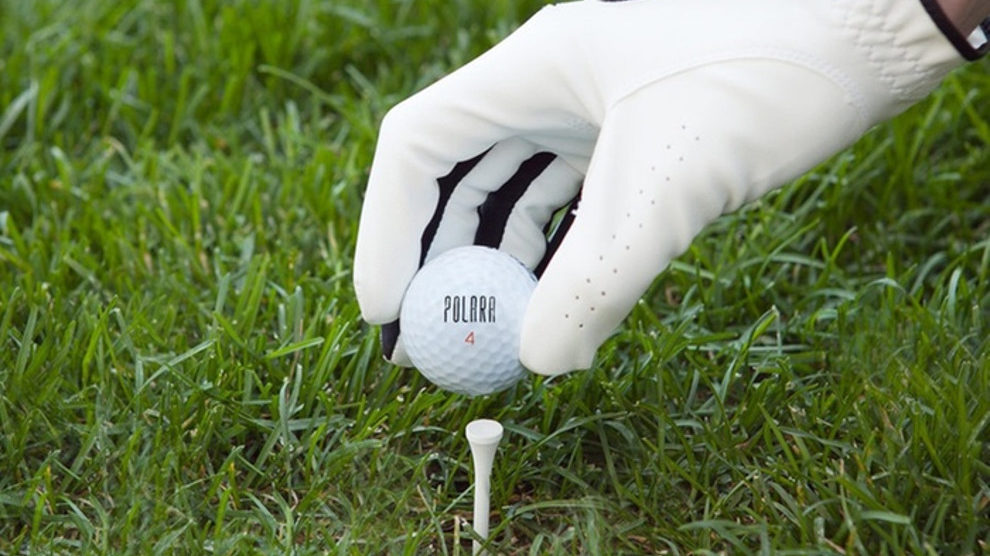Polara Golf, the company who makes the "self-correcting" illegal golf ball that flies too straight, has filed for Chapter 11 bankruptcy protection.
The Virginia-based brand's parent company, called Aero-X Golf, made the filing in federal court on Dec. 13 in U.S. Bankruptcy Court for the Eastern District of Virginia, according to the Washington Business Journal.
Aero-X purchased the rights to the Polara self-correcting ball, which was first produced in 1977, in 2009 and resumed making the golf balls, which use a unique dimple pattern to steer the ball straighter. When sales resumed in 2010, the Polara site briefly crashed, unable to keep up with demand from curious golfers. However, golf guilt -- it's a derivative of Catholic guilt -- took over, and conforming golfers shied away from the golf balls, which have been deemed illegal by the USGA from the start. (For the record, I played one at a Billy Casper Golf event in 2014, and it was a really weird experience to hit a bad drive and see it still land in the tree line.)
The crux of the bankruptcy filing relates specifically to one of Aero-X's former executives, with previous CEO David Felker owed $1.3 million related to a prior judgment. In 2013, a San Diego County court ordered Aero-X to pay the judgment amount after arbitration. Steven Lebischak and Louis Green as the current directors of the corporation, representing the judgment was too much to pay for the fledgling company. Since the company was unable to pay Felker, a judge ruled Polara had to shut down its e-commerce golf ball sales operation. After going through Chapter 11, the company hopes to emerge able to again sell balls.
The next largest claim, according to the filings, is for $1 million from Foremost Golf Manufacturing in Taiwan.
Polara claims its Ultimate Straight XS golf balls, which retail for $35 per dozen, cures hooks and slices by 75 percent by reducing axial spin, better known as side spin, which sends the ball offline.

